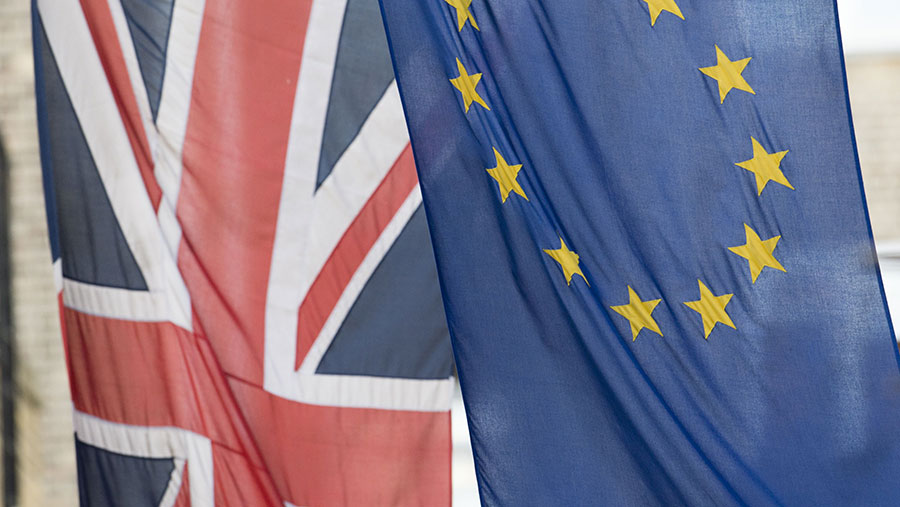Opinion: It’s time Mr Gove recognised the true value of farming
 © Rex/Shutterstock
© Rex/Shutterstock Dear Mr Gove, while at first sight the ambition of the Health and Harmony consultation paper is commendable, there is a certain naivety of aspiration within it, more akin to a letter to Santa from a committee of primary school children than a credible plan for the future of our most fundamentally essential industry.
It has been dubbed a “command” paper, yet, were its full intent ever likely to be realised, “command and control” might be a more appropriate moniker.
The oft-repeated references to more robust regulatory frameworks and stronger legislation is eerily redolent of a soviet-style, top-down approach to food production. It certainly doesn’t chime particularly harmoniously with the free-market doctrine of your party or the pre-referendum promise of a bonfire of burdensome regulation.
See also: Key points in Defra’s Health and Harmony consultation
Threat to competitiveness
Given that many of our future trading partners place far more importance on the value of their food exports than the UK is ever likely to, it is difficult to see how a more tightly regulated domestic industry, whose cost base will inevitably be driven up as a result, can increase its competitiveness against a backdrop of global trade deregulation.
 David Alvis is managing director of Yorkshire Dairy Goats. He is a Nuffield Scholar
David Alvis is managing director of Yorkshire Dairy Goats. He is a Nuffield ScholarIn short, my fear is that, if the right balance is not struck, then Health and Harmony threatens to strangle at birth the very competitiveness of post-Brexit UK agriculture it pays (albeit scant) lip-service to. This would have potentially disastrous consequences for both our domestic food supply and the public purse.
One thing that European Union membership has proved is that increasing regulation, particularly when the decision-making process is driven by emotion rather than evidence, invariably generates more undesirable and perverse outcomes than it prevents.
Head in the sand
The “head in the sand” approach to GMOs, the farcical near-miss surrounding the relicensing of glyphosate and the looming increase in insecticide use that will surely follow in the wake of the recent ban on neonicotenoid seed treatments are contemporary cases in point.
Our own track record of unilateral imposition of higher voluntary standards does little to instil a sense of confidence, as it has similarly yielded outcomes at odds with the original intent.
The consultation rightly celebrates UK animal welfare standards, and our existing top four global ranking in this area is something we should be proud of. Yet the example cited in the paper – the UK’s unilateral early introduction of a ban on sow stalls, within an otherwise free European market – decimated our pig industry, while failing to improve wider welfare standards one iota.
Far from encouraging others to follow suit, it simply exported UK pig production to countries that could supply pigmeat at a price that UK consumers were willing to pay.
Diminishing marginal returns
We are already deep into diminishing marginal returns territory here. By all means stiffen the consequences of non-compliance for the few that are failing to meet existing standards, but simply raising the bar further for the rest will only serve to increase costs to levels that consumers have already indicated they aren’t prepared to support.
Harmony exists at a level where animal welfare and environmental stewardship are complementary to efficient, competitive food production, not in some utopian virtue-signalling Neverland.
A healthy farming industry is a fundamentally profitable one. One that is both willing and able to reinvest its own money in its infrastructure, in its future and in the environment for the ultimate benefit of everyone and everything that exists within and relies upon it.
